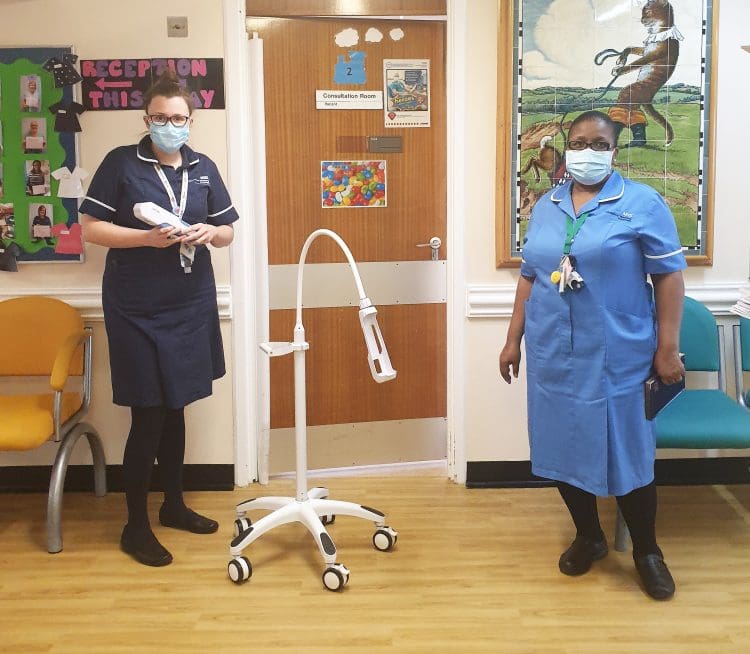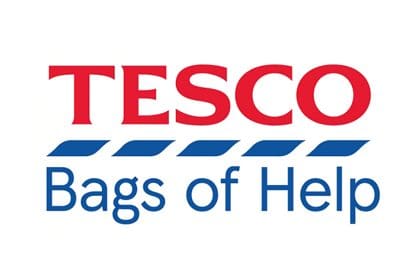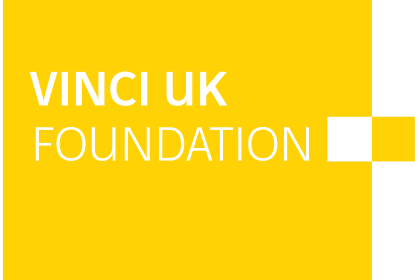The Neonatal Unit at Macclesfield District General Hospital cares for babies from across the East Cheshire area. Many of these will suffer from Jaundice as it is very common in new born babies. The treatment for jaundice is by phototherapy which alters the bilirubin in the body allowing it to be excreted.
A preterm or sick baby is more likely to develop kernicterus and permanent brain damage from Jaundice if bilirubin is not reduced to safe levels in the body. It is beneficial for the baby for the phototherapy treatment to be completed over a shorter time.
The Neonatal Unit at Macclesfield has requested 4 new Phototherapy Units to replace the old, less efficient models that are currently in use. The new models will clear the bilirubin at a faster rate which will reduce the treatment time ensuring an earlier discharge from hospital.









